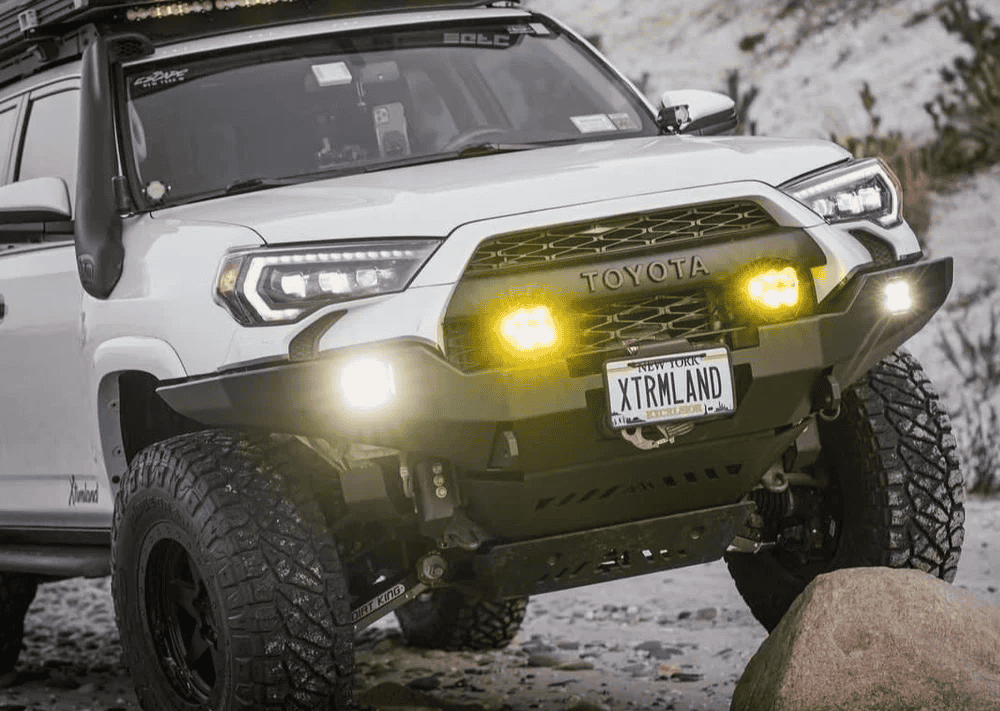Overland Vehicles

The best overland rv starts with a platform that can carry real weight and keep traction when the road turns to rock, ruts, or washboard. Ground clearance and approach angles matter, but so does suspension that controls sway when loaded with water, fuel, and gear. Tire choice should match the terrain you see most, with strong sidewalls and a diameter that adds effective clearance without overwhelming brakes or gearing. A smart build keeps mass centered and low, which helps stability and preserves ride quality on long days.
Interior layout should support life at camp and on the move. Think about how you cook, sleep, and store wet or muddy gear. Ventilation, insulation, and window coverings help control heat and cold, while a quiet cabin reduces fatigue on long highways. Durable surfaces that clean easily pay off after dusty days or rainy pack downs, and modular storage lets the rig adapt to seasons and sports.
Payload is the unsung spec. Weigh your real kit, then add margin for water, food, recovery tools, and seasonal items. Choose power and water systems that meet needs without excess weight. A balanced electrical system with adequate battery capacity, solar, and a proper charge source from the alternator keeps fridges cold and devices charged. Water storage and filtration should support the number of travelers and the gaps between refills you expect in your region.
Recovery planning belongs in the first draft, not the last. A rated front and rear recovery point, traction aids, a proper jack, and a thought through tool kit save days, not minutes. Lighting for camp and trail should be purposeful rather than blinding. Reliability comes from simple routing, protected wiring, serviceable parts, and components that are common enough to find replacements when you are far from home.
Start with a chassis that matches your routes. If you favor forest roads and mild tracks, efficiency and range might outrank rock crawling. Those aiming at rougher passes will value low range gearing, locking differentials, and suspension travel. The best overland rv is the one that puts you at trailheads and remote camps consistently, not the most extreme build on paper.
Map your daily draw. Fridge duty cycles, fans, heaters, laptops, and lights all add up. Design a battery bank to cover dark stretches and storm days, and consider a shore option for rare stays at serviced sites. For water, separate drinking and wash supplies if redundancy helps. Ventilation, shade, and reflective coverings often do more than raw BTU numbers when heat builds, while dry heat and airflow fight condensation during cold nights.
Shelter strategy shapes comfort as much as the rig. The best hub tents excel at rapid deployment. Their pop out geometry creates standing room and wide floors in minutes, ideal for quick shade at lunch or a roomy lounge on multiday stops. Look for strong hub mechanisms, stout poles, UV resistant fabrics, and guy out options that tame gusts. Floor design affects cleanup, so consider removable or bathtub floors based on terrain. Venting at both high and low points reduces condensation, and well placed doors shape how you move between kitchen, vehicle, and sleeping areas.
The best touring tent serves a different rhythm. Touring tents reward frequent moves with compact packed size, quick pitching even in wind, and low profile shapes that shed weather and sound. Tunnel and dome styles each bring tradeoffs. Tunnels often provide generous vestibules and excellent wind performance when pitched correctly, while domes bring balanced strength from multiple pole crossings. Fabrics with high hydrostatic head numbers are only part of the story. Look for reinforced stress points, quality zippers, and stake systems that hold in mixed ground.
Match shelter to trip style. If your itinerary favors basecamps with day trips, the best hub tents become your living room and gear staging area, adding comfort and social space. When the plan calls for long miles and nightly moves, the best touring tent saves time and energy while still protecting sleep through storm cycles. Many travelers carry both, using a compact touring tent for fast strikes and a hub tent for shade, cooking, and group time when the map allows a two night stop.
Once you know how you camp and what shelter shapes your days, design the rig around that flow. A thoughtful interior, purposeful exterior gear, and clean electrical and water systems make trips smoother and safer. If you want a build partner that listens first and builds second, explore our overland rigs to see how a proven process becomes a rig that fits your routes. For focused upgrades that complement your shelter plan, our custom overland upfit options cover power systems, storage, recovery, lighting, and more. Curious about approach, craftsmanship, and handoff support before you commit? See what sets us apart on why choose OZK Customs.
Tell us how you travel, where you camp, and the weather you chase. We will build or upfit a rig that carries the right shelter, power, and storage, so you spend less time wrestling gear and more time outside.
Ready to turn a solid plan into a dialed rig you love to travel in? Tell us how you camp, ride, and live on the road. Our team will translate that into a complete custom build or a targeted upfit that fits your routes, gear, and schedule. Share your goals in the form and we will map a clear path from ideas to delivery.
ADDRESS:
6159 E Huntsville Rd, Fayetteville, AR 72701
PHONE:
(479) 326-9200
EMAIL:
info@ozkvans.com